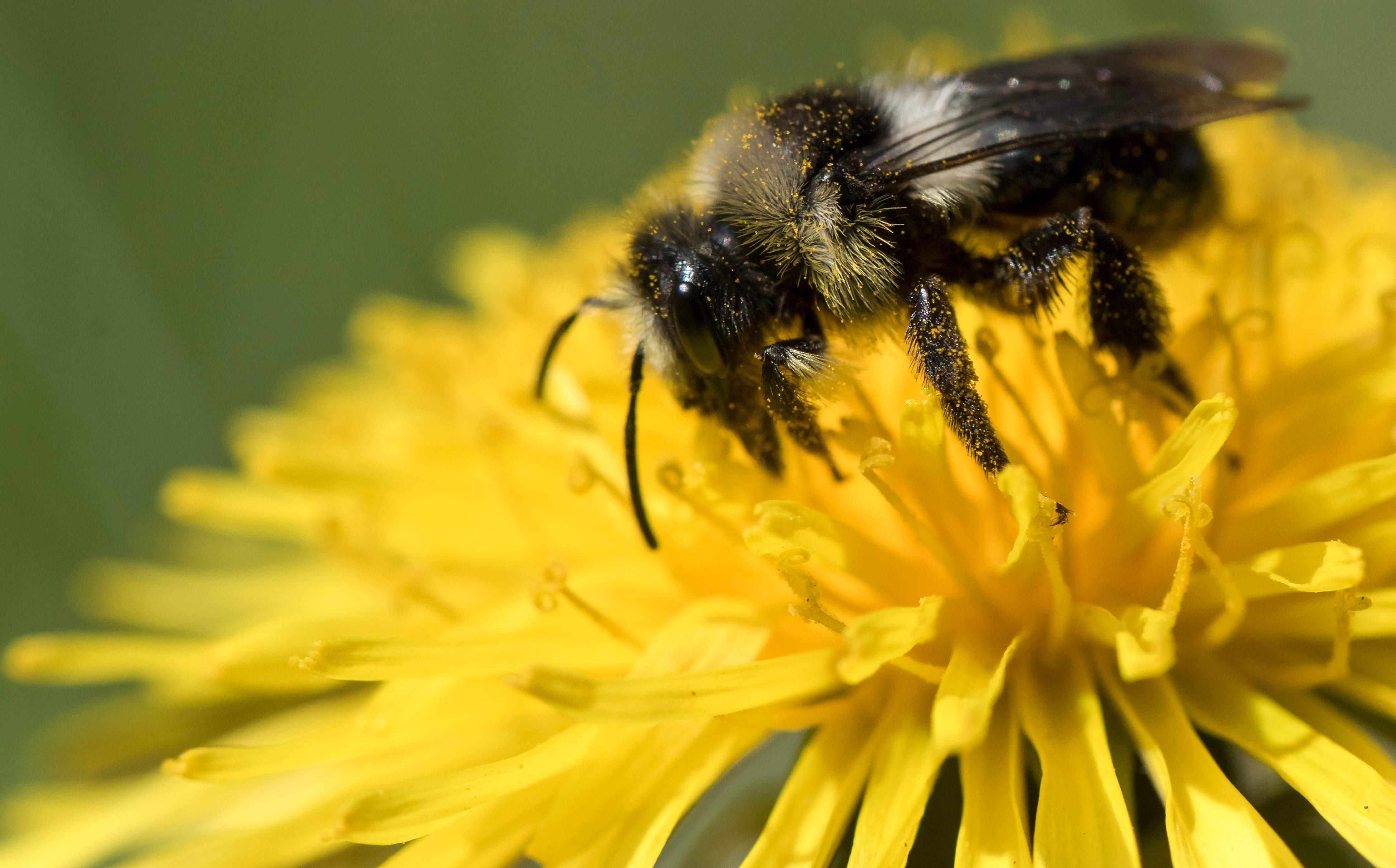Hello there! We're so glad you want to create a wilder future with us.
This campaign is now closed because in January 2025, the UK Government said NO to the industry's request to allow banned chemicals to be used on our sugar beet crops!
We are delighted to see this decision. Thank you so much to everyone who has helped our campaign to stop banned chemicals being permitted on our crops over recent years.
The industry still needs to do more to support farmers to shift to chemcal-free alternatives. But this is a big WIN for pollinators, and for farmers.

In a wilder future, nature will be recovering across at least 30% of land and seas by 2030: and you can help!
This will mean struggling wildlife can have a chance to recover, and the beautiful wild places that store carbon and help us tackle the climate crisis can be restored.
Wildlife Trusts need your help to turn things around...
